Eating Smart on Antibiotics: 10 Gut-Friendly Foods to Add Now
Antibiotics are powerful medications that have revolutionized the treatment of bacterial infections, saving countless lives. However, their use can also disrupt the delicate balance of the gut microbiome, the community of trillions of microorganisms residing in our digestive system. This disruption can lead to a range of digestive issues and weaken the immune system. To counteract these side effects and maintain optimal gut health, incorporating gut-friendly foods into your diet is essential. This article explores the intricate relationship between antibiotics and gut health and presents 10 foods that can help restore and maintain a healthy microbiome.
1. Understanding the Gut Microbiome

The gut microbiome is a complex ecosystem of bacteria, viruses, fungi, and other microorganisms that play a crucial role in digestion, immune function, and even mental health. Antibiotics, while effective in killing harmful bacteria, can also indiscriminately kill beneficial bacteria, leading to an imbalance known as dysbiosis. This imbalance can manifest as digestive discomfort, increased susceptibility to infections, and even mood disturbances. Understanding the gut microbiome's role in overall health underscores the importance of maintaining its balance, especially during and after antibiotic treatment.
2. The Impact of Antibiotics on Gut Health

Antibiotics target bacteria, but they cannot distinguish between harmful pathogens and beneficial bacteria. When antibiotics are taken, they can significantly reduce the diversity and number of beneficial gut bacteria, which can take weeks or even months to recover. This reduction can lead to digestive issues such as diarrhea, bloating, and gas. Moreover, an imbalanced gut microbiome can weaken the gut barrier, making the body more vulnerable to infections and inflammation. Recognizing these impacts highlights the need for strategies to support gut health during antibiotic therapy.
3. Probiotics: The Gut's Best Friend
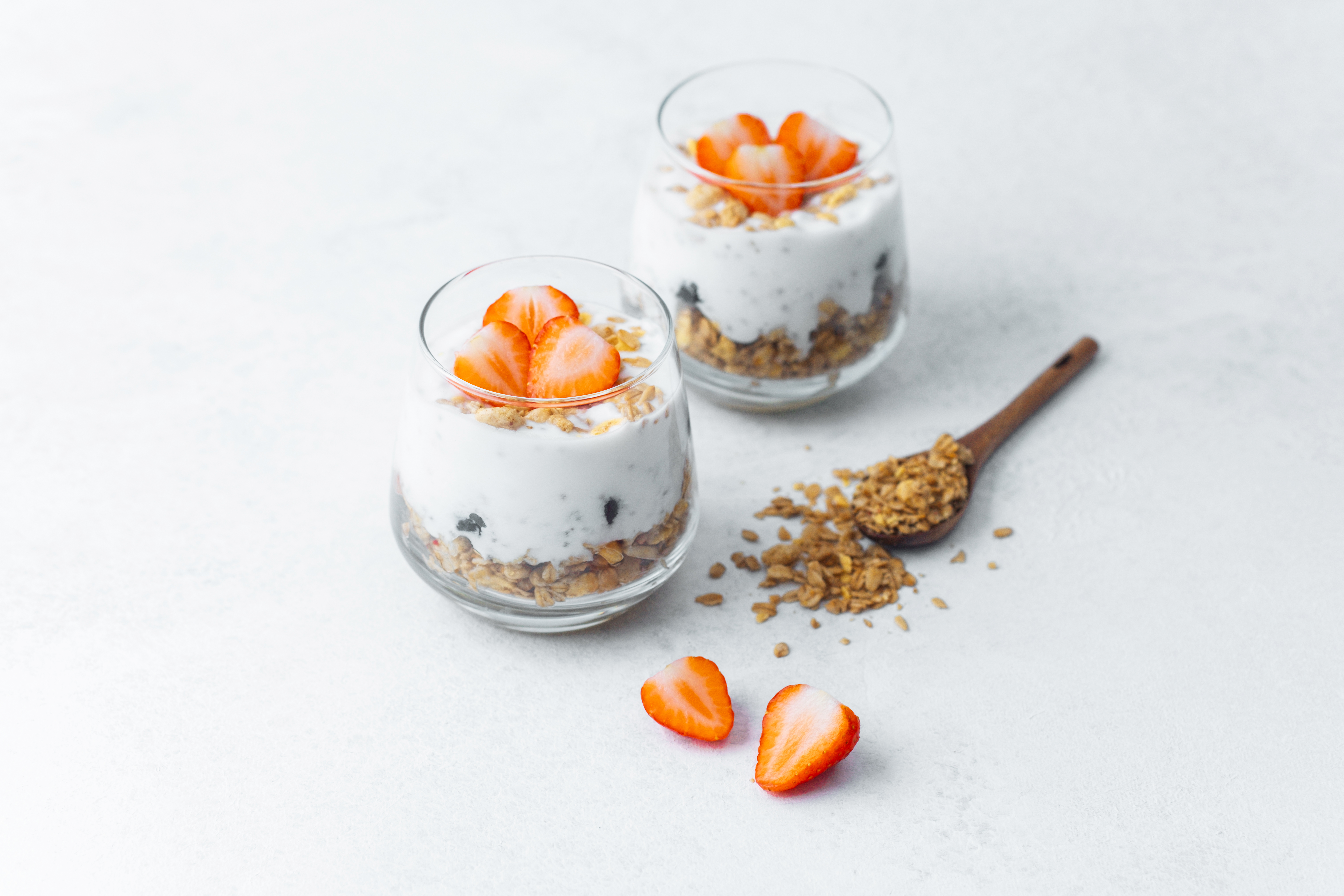
Probiotics are live microorganisms that confer health benefits when consumed in adequate amounts. They help restore the natural balance of gut bacteria and are particularly useful during and after antibiotic treatment. Probiotic-rich foods such as yogurt, kefir, and fermented vegetables introduce beneficial bacteria into the gut, helping to replenish those lost due to antibiotics. These foods can reduce the risk of antibiotic-associated diarrhea and support the immune system. Including probiotics in your diet is a proactive step towards maintaining a healthy gut microbiome.
4. Prebiotics: Feeding the Good Bacteria

Prebiotics are non-digestible fibers that serve as food for beneficial gut bacteria, promoting their growth and activity. Foods rich in prebiotics, such as garlic, onions, bananas, and asparagus, provide the nourishment necessary for probiotics to thrive. By incorporating prebiotics into your diet, you can enhance the effectiveness of probiotics and support a balanced gut microbiome. Prebiotics and probiotics work synergistically to improve gut health, making them an essential component of a gut-friendly diet, especially when taking antibiotics.
5. The Power of Fermented Foods

Fermented foods are rich in probiotics and have been consumed for centuries for their health benefits. Foods like sauerkraut, kimchi, miso, and tempeh are teeming with beneficial bacteria that can help restore gut flora diversity. Fermentation not only enhances the nutritional profile of these foods but also makes them easier to digest. Including a variety of fermented foods in your diet can support gut health by replenishing beneficial bacteria and improving digestion, making them a valuable addition to any gut-friendly dietary plan.
6. The Role of Fiber in Gut Health
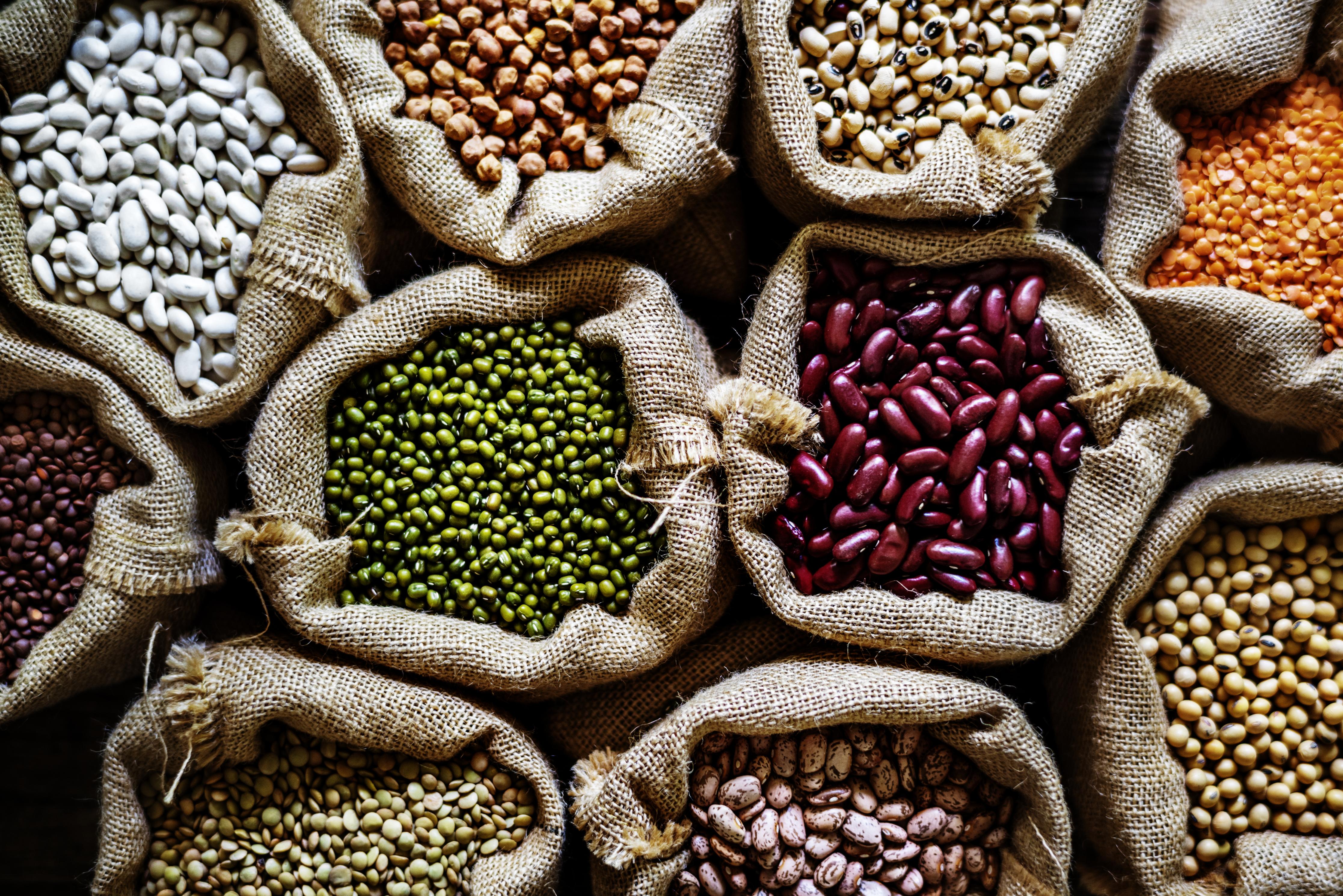
Dietary fiber is essential for a healthy gut as it adds bulk to the stool and aids in regular bowel movements. Soluble fiber, found in foods like oats, legumes, and fruits, is fermented by gut bacteria, producing short-chain fatty acids that nourish the gut lining and reduce inflammation. Insoluble fiber, found in whole grains and vegetables, helps maintain bowel regularity. A diet rich in both types of fiber supports a diverse and robust gut microbiome, which is crucial for recovering from the effects of antibiotics.
7. Antioxidant-Rich Foods for Gut Protection
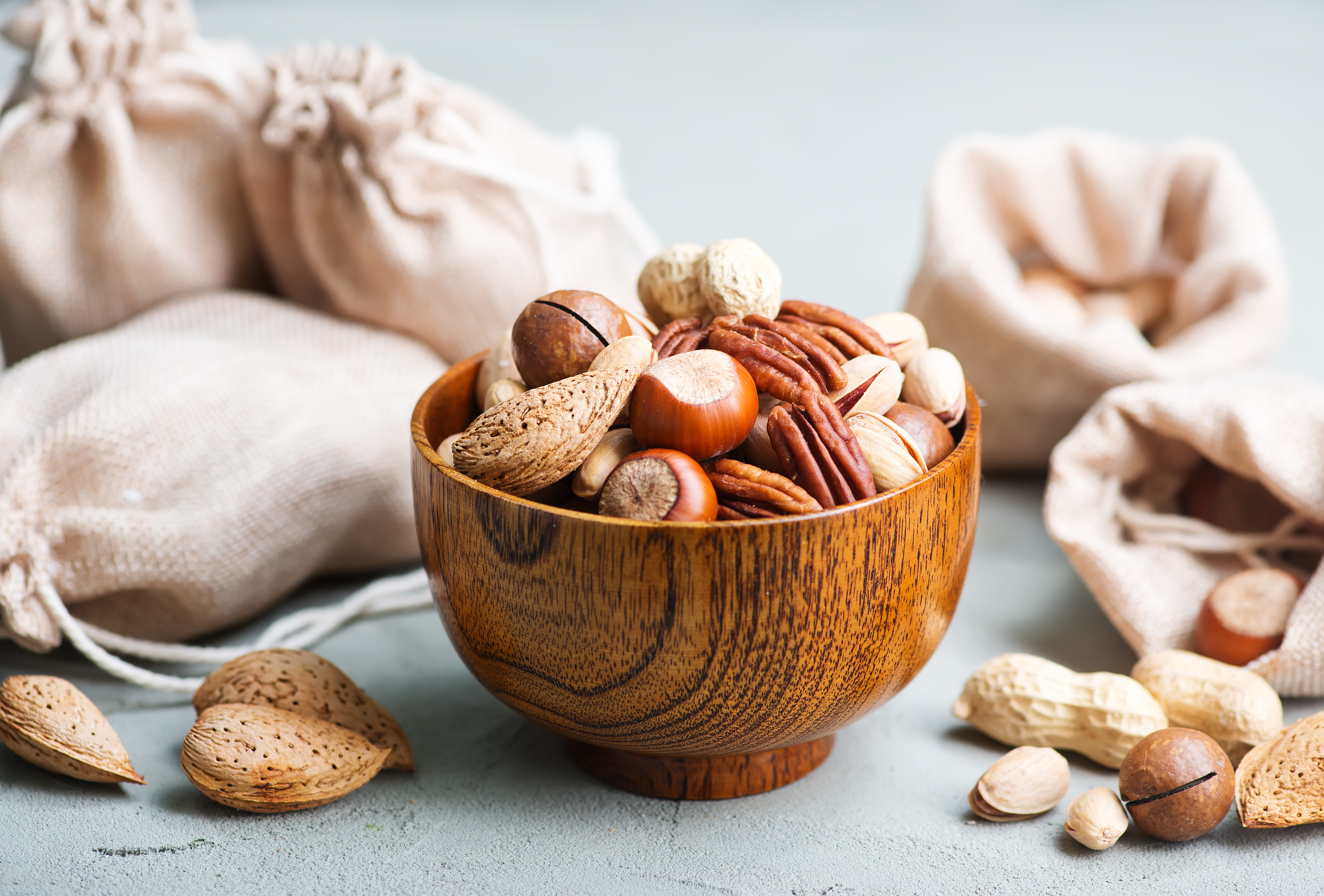
Antioxidants help protect the gut lining from damage and support the immune system. Foods rich in antioxidants, such as berries, nuts, and leafy greens, combat oxidative stress and inflammation in the gut. These foods contribute to overall gut health by supporting the body's natural defense mechanisms and promoting a balanced microbiome. Including antioxidant-rich foods in your diet can help mitigate the adverse effects of antibiotics and support a swift recovery of gut health.
8. Hydration: The Unsung Hero of Gut Health

Staying well-hydrated is crucial for maintaining a healthy digestive system. Water aids in the digestion and absorption of nutrients and helps maintain the mucosal lining of the intestines. Adequate hydration supports the movement of food through the digestive tract, preventing constipation and promoting regular bowel movements. During antibiotic treatment, staying hydrated can help flush out toxins and support the body's natural detoxification processes, contributing to a healthier gut environment.
9. The Importance of Omega-3 Fatty Acids
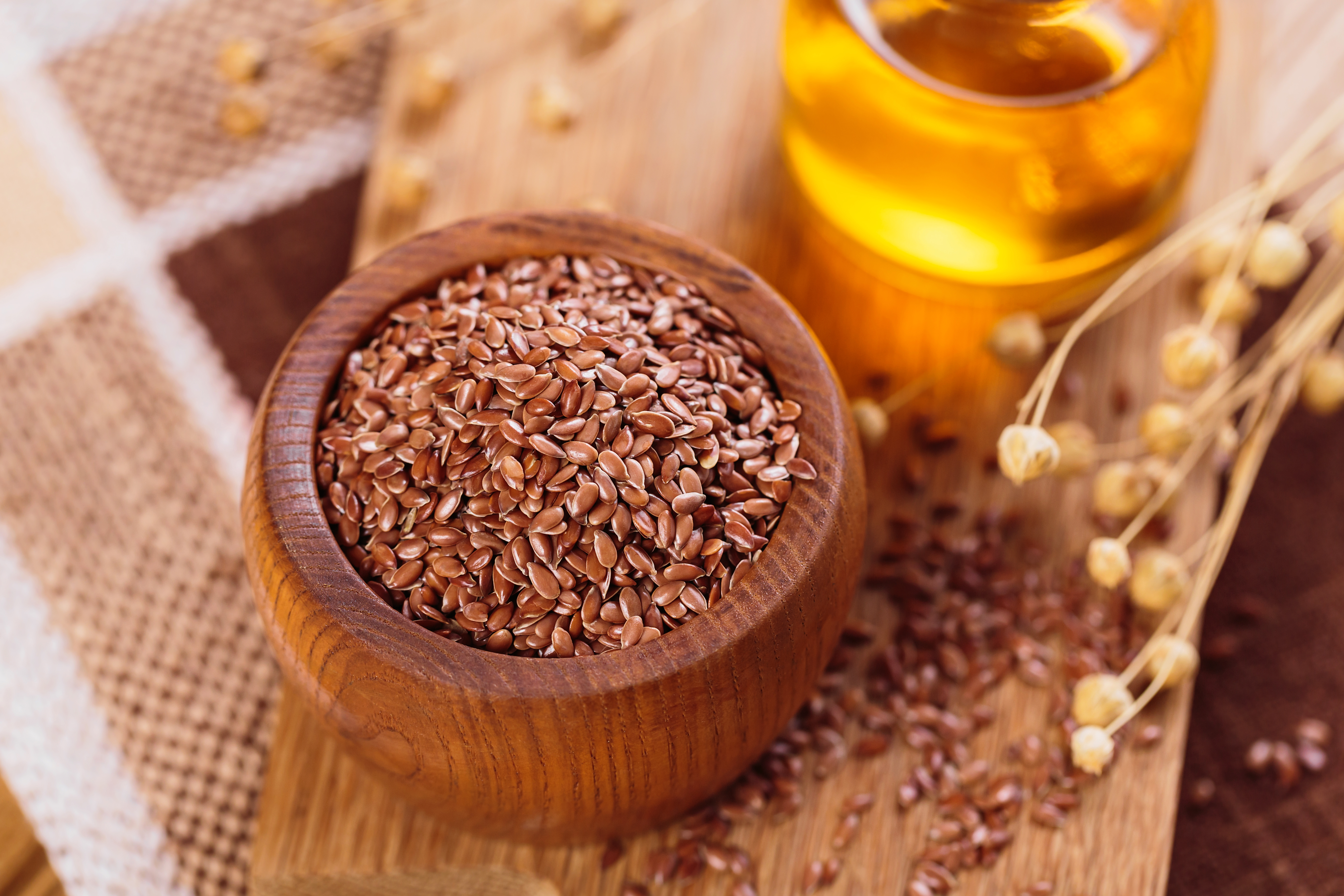
Omega-3 fatty acids, found in fatty fish, flaxseeds, and walnuts, have anti-inflammatory properties that can benefit gut health. These healthy fats help reduce inflammation in the gut and support the integrity of the gut lining. Omega-3s also play a role in modulating the immune response, which is crucial when the gut's natural defenses are compromised by antibiotics. Incorporating omega-3-rich foods into your diet can help maintain a healthy gut and support overall well-being.
10. Mindful Eating: Supporting Gut Health Through Habits
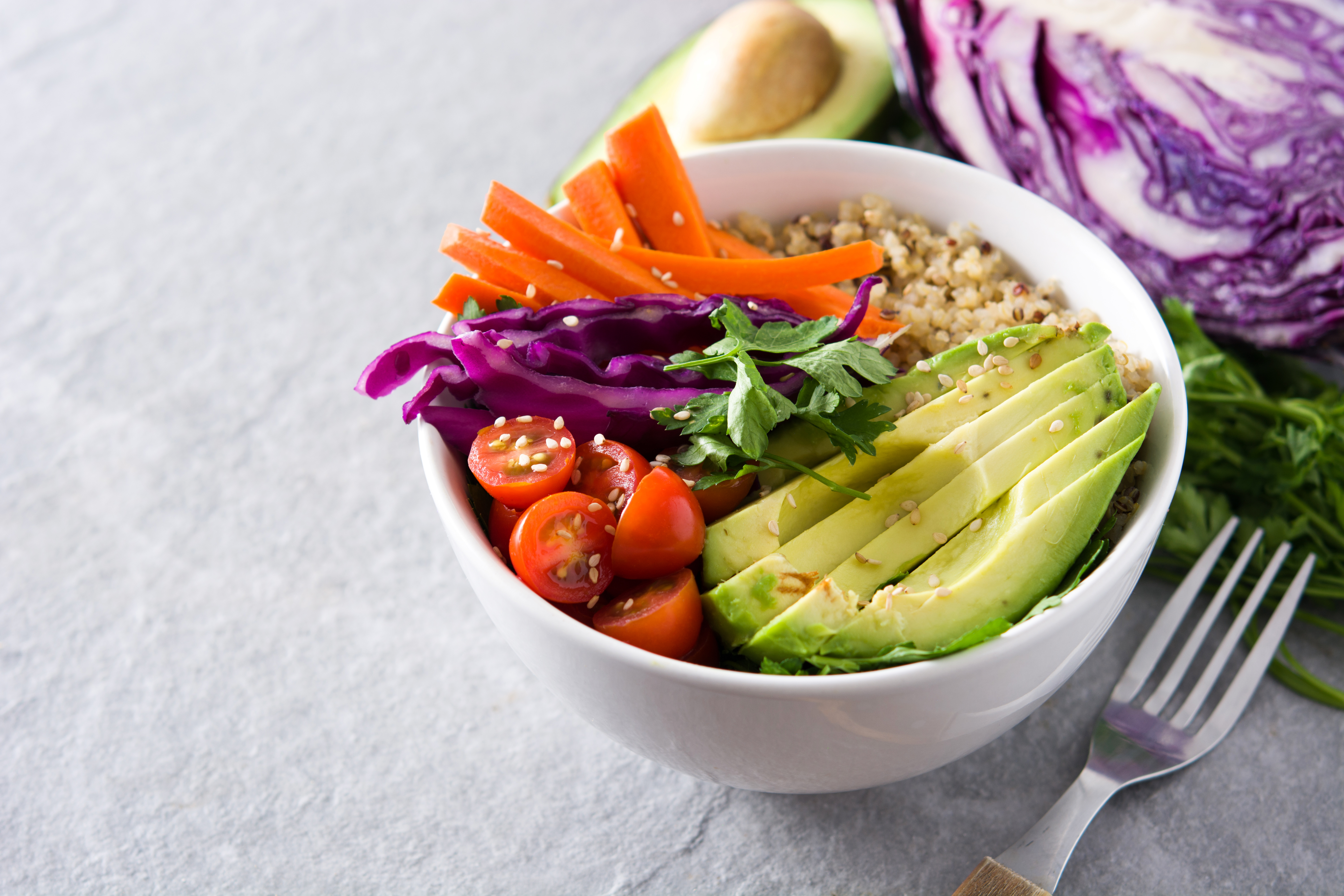
Mindful eating involves paying attention to the body's hunger and fullness cues and savoring each bite. This practice can improve digestion and support gut health by promoting better absorption of nutrients and reducing stress-related digestive issues. Eating slowly and chewing thoroughly can enhance the digestive process and prevent overeating. Mindful eating habits can complement dietary changes aimed at restoring gut health, making it easier to navigate the challenges of antibiotic use.
A Holistic Approach to Gut Health
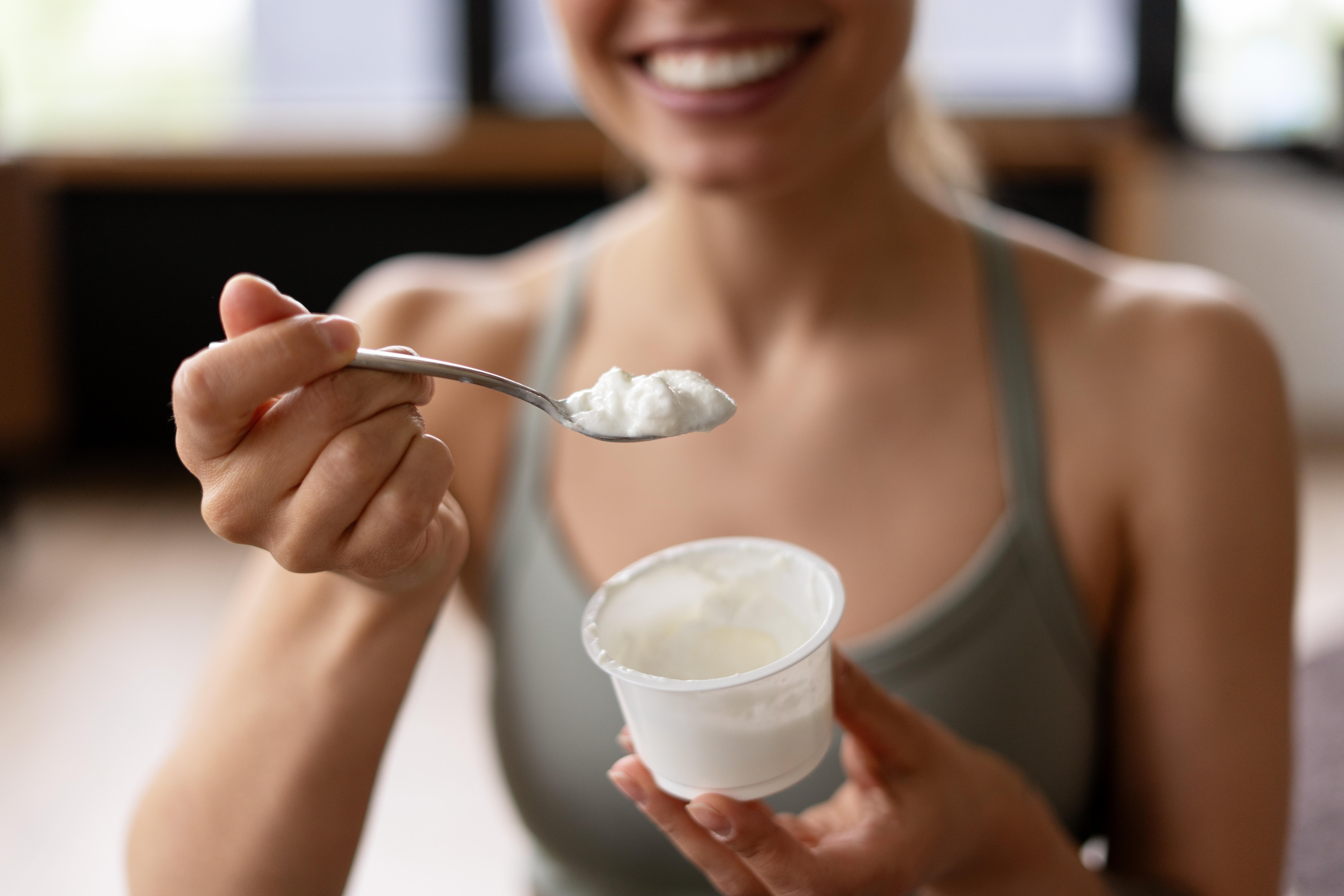
Maintaining gut health during and after antibiotic treatment requires a holistic approach that combines dietary changes with lifestyle modifications. Incorporating gut-friendly foods such as probiotics, prebiotics, fiber, and antioxidants can help restore the balance of the gut microbiome and mitigate the adverse effects of antibiotics. Staying hydrated, consuming omega-3 fatty acids, and practicing mindful eating are additional strategies that support a healthy gut. By embracing these changes, you can navigate antibiotics with ease and promote long-term gut health and overall well-being.
